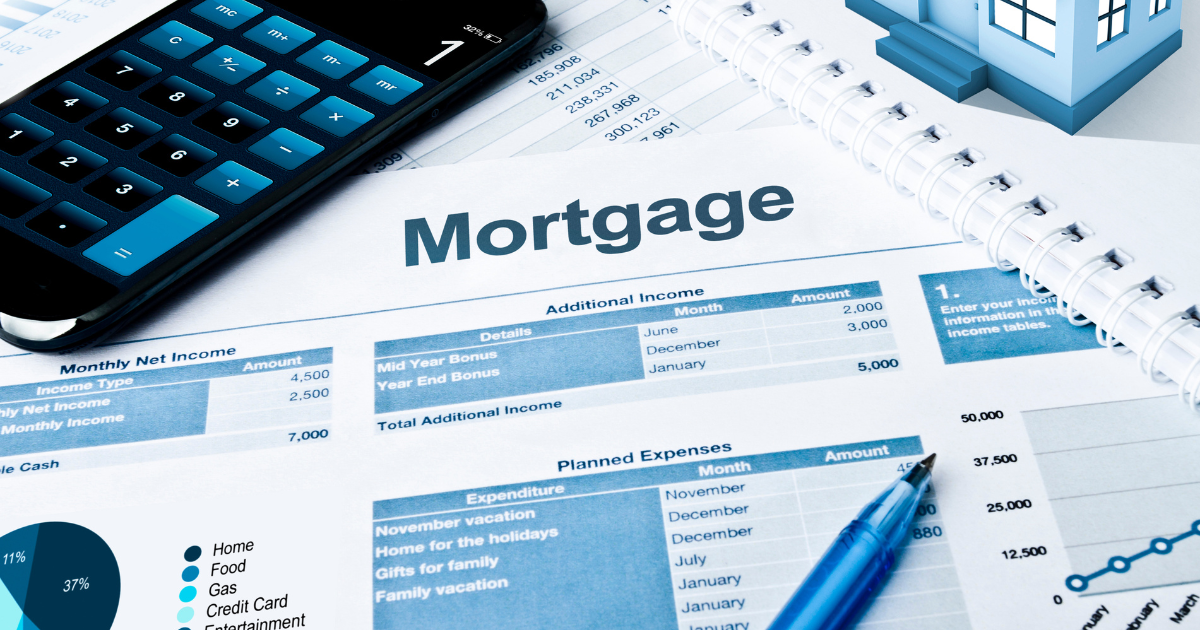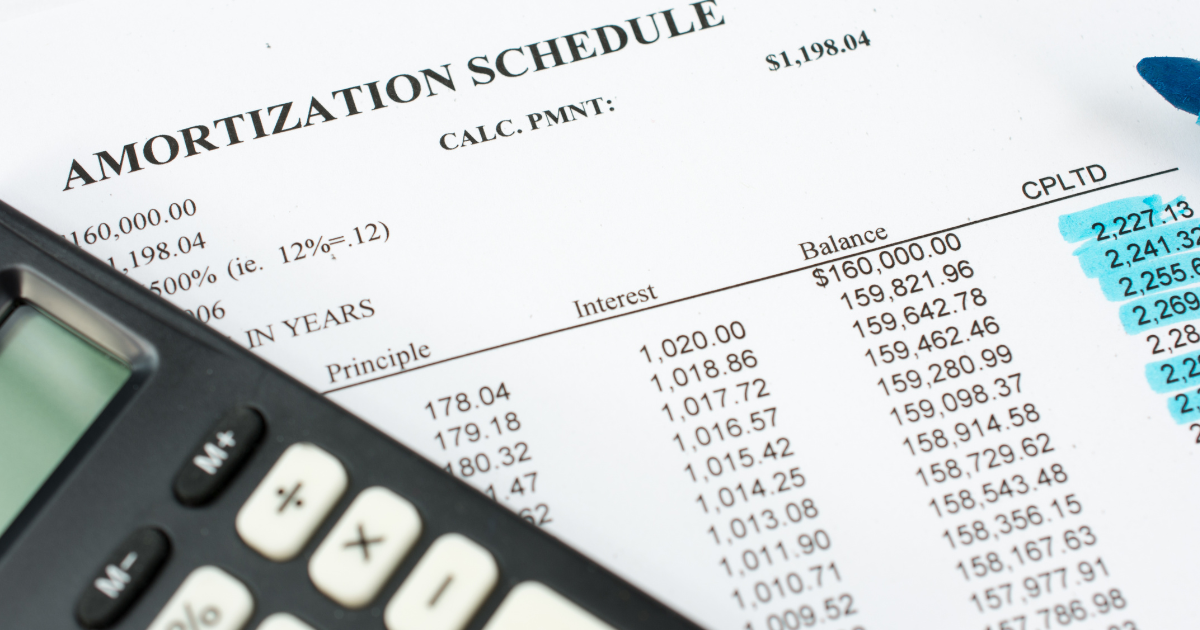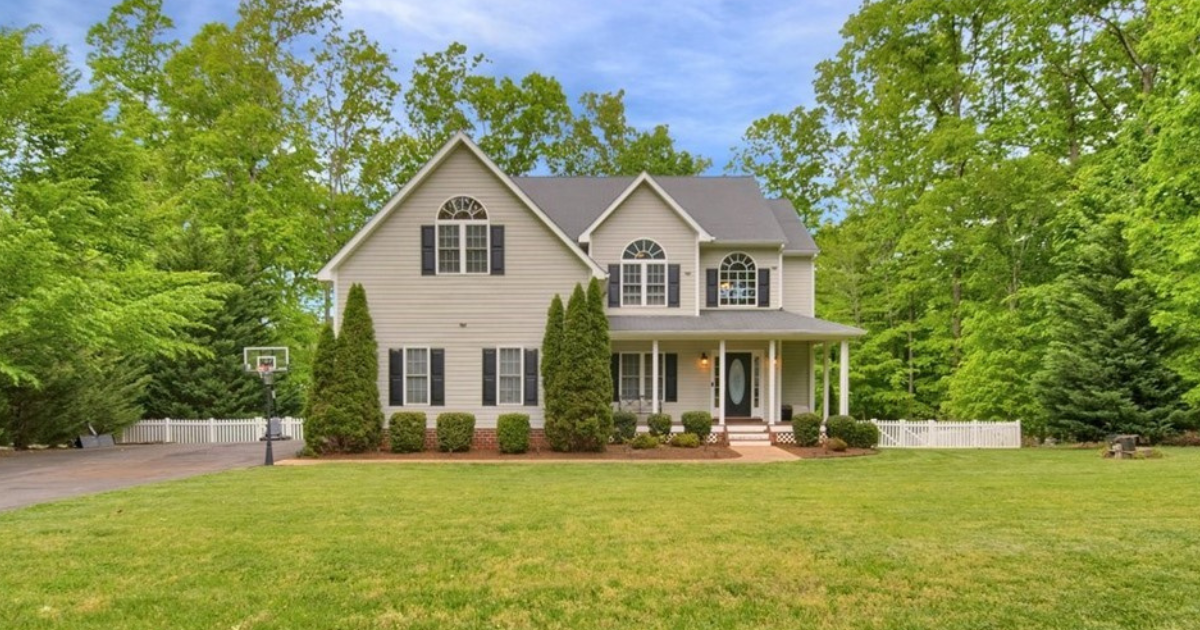Understanding the Basics of an Interest Rate Lock
When you’re buying a home or refinancing your mortgage, timing matters—and so do interest rates. Because rates can fluctuate daily, even hourly, many buyers worry about what happens if the market shifts between the time they apply for a loan and the day they close. That’s where an interest rate lock comes in.
An interest rate lock (often called a “rate lock”) is a lender’s promise to hold your mortgage interest rate for a specific period of time, typically ranging from 30 to 60 days. This protection ensures that if rates rise before you close, your quoted rate won’t change. It’s a way of adding predictability to one of the most important financial decisions you’ll make.
How Does an Interest Rate Lock Work?
When you lock your rate, your lender guarantees two things:
- Your interest rate – The percentage you’ll pay in interest on your mortgage loan.
- The associated terms – Such as points, lender credits, or any rate-specific conditions.
Once locked, these won’t change for the duration of your lock period. Even if market rates go up tomorrow, your rate stays secure.
However, it’s important to know that if rates fall after you’ve locked, you won’t automatically get the lower rate. Some lenders offer a “float down” option, but it usually comes with restrictions or fees.
Typical Rate Lock Periods
Most lenders offer lock periods in increments such as:
- 30 days – Standard for many purchase loans.
- 45 days – Common when more time is needed before closing.
- 60 days or longer – Often used for new construction or complex transactions.
The length of your lock should match your timeline to closing. A lock that expires before your loan closes could put you at risk of losing your protected rate.
Why Rate Locks Matter
Mortgage rates are influenced by economic conditions, inflation, and Federal Reserve policy. They can move unpredictably, even in a single day. Without a rate lock, buyers could face higher monthly payments if rates climb before closing.
For example:
- A 0.25% increase in rate on a $350,000 loan could add over $50 per month to your payment.
- Over 30 years, that’s more than $18,000 in added interest.
A rate lock helps protect you from that uncertainty.
The Cost of a Rate Lock
Many lenders include a standard lock period at no charge. However, extended locks (90+ days) or special “float down” options may involve fees. These fees can be built into the rate itself (slightly higher than market), or as a separate charge.
CapCenter clients benefit from zero closing costs—so you won’t be hit with surprise lender fees tied to locking in your rate. Our transparent approach means what you see is what you get.
Float vs. Lock: Deciding What’s Right for You
Some borrowers consider “floating” their rate, meaning they wait to lock until closer to closing in hopes of catching a rate drop. Floating can be risky, because rates can just as easily climb.
Locking gives you peace of mind and stability, while floating leaves you exposed to market swings. If you’re on a tight budget where even a small rate change could affect your approval or monthly payment comfort, locking is usually the smarter choice.
When Should You Lock Your Rate?
Most borrowers lock after:
- Receiving loan pre-approval and submitting a full application.
- Having a signed purchase contract with a set closing timeline.
- Confirming the rate being offered meets their goals.
The best time to lock is once you know your closing timeframe and you’re comfortable with the quoted rate.
How CapCenter Helps with Rate Locks
At CapCenter, we understand that timing can make or break a home purchase. That’s why we:
- Guide you through the decision of when to lock, based on your unique timeline.
- Offer competitive rates with zero closing costs—so your lock doesn’t come with hidden fees.
- Provide expert advice on whether floating or locking makes sense in today’s market.
Our streamlined process and in-house team mean you get clear answers fast, so you can move forward with confidence.
FAQs About Interest Rate Locks
Do I have to lock my rate?
No, but it’s strongly recommended to avoid surprises before closing.
Can I extend a rate lock?
Yes, but extensions may come with fees depending on the lender and market conditions.
What if rates drop after I lock?
Unless you have a float-down option, your rate won’t change. Some lenders allow a one-time adjustment under certain circumstances.
How long should I lock for?
Your lock should cover your expected time to close, with a buffer in case of delays.
The Bottom Line
An interest rate lock is a valuable safeguard in the mortgage process. It protects you from sudden rate increases, helps you budget with confidence, and keeps your homebuying journey on track.
At CapCenter, our mission is to make that process even easier—and more affordable. With our Zero Closing Cost loans, you don’t just get rate security, you also save thousands at the closing table.
If you’re ready to explore your options, check out our Mortgage Calculator to see what your payment could look like, or Get Pre-Approved today and take the first step toward locking in your rate.




